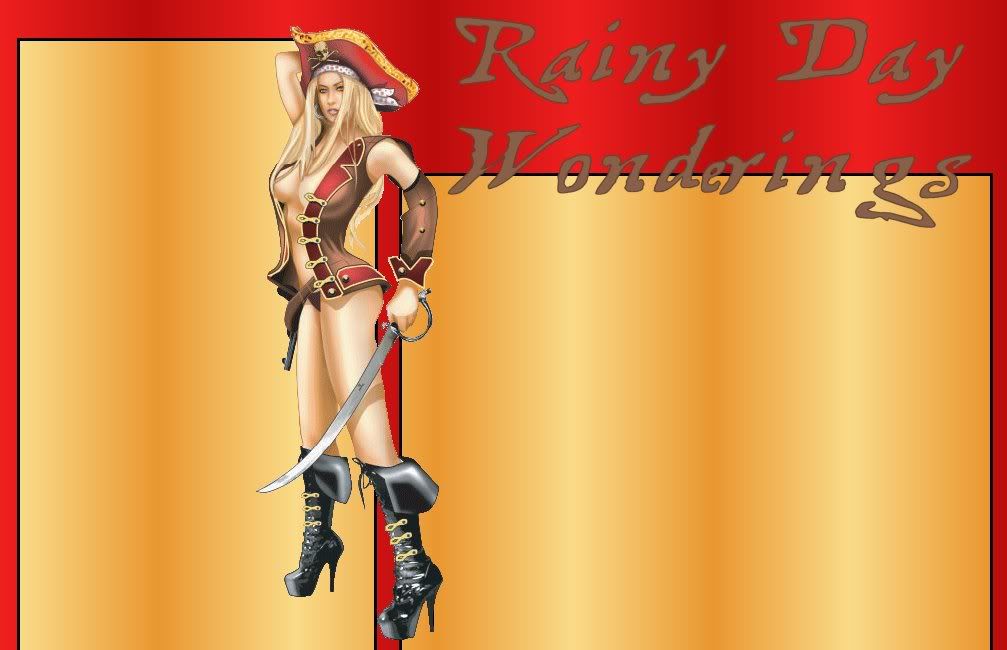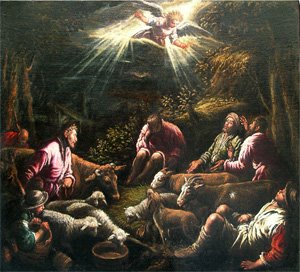



The most celebrated and ambitious American poet of his era, ROBERT LOWELL (1917-1977) transformed the particulars of his prominent New England family’s background and turbulent private life into controversial art. Lowell’s book Life Studies (1959), which reveals his struggles with madness, alcohol, and marital infidelity, gave rise to the so-called “confessional” school. In subsequent works he explored political issues and historical figures while extending his experiments in verse technique.
Dolphin byRobert Lowell
My Dolphin, you only guide me by surprise,
a captive as Racine, the man of craft,
drawn through his maze of iron composition
by the incomparable wandering voice of Phèdre.
When I was troubled in mind, you made for my body
caught in its hangman's-knot of sinking lines,
the glassy bowing and scraping of my will. . . .
I have sat and listened to too many
words of the collaborating muse,
and plotted perhaps too freely with my life,
not avoiding injury to others,
not avoiding injury to myself--
to ask compassion . . . this book, half fiction,
an eelnet made by man for the eel fighting
my eyes have seen what my hand did.
~*******~
Mr. Edwards and the Spider
by Robert Lowell
I saw the spiders marching through the air,
Swimming from tree to tree that mildewed day
In latter August when the hay
Came creaking to the barn. But where
The wind is westerly,
Where gnarled November makes the spiders fly
Into the apparitions of the sky,
They purpose nothing but their ease and die
Urgently beating east to sunrise and the sea;
What are we in the hands of the great God?
It was in vain you set up thorn and briar
In battle array against the fire
And treason crackling in your blood;
For the wild thorns grow tame
And will do nothing to oppose the flame;
Your lacerations tell the losing game
You play against a sickness past your cure.
How will the hands be strong? How will the heart endure?
A very little thing, a little worm,
Or hourglass-blazoned spider, it is said,
Can kill a tiger. Will the dead
Hold up his mirror and affirm
To the four winds the smell
And flash of his authority? It’s well
If God who holds you to the pit of hell,
Much as one holds a spider, will destroy,
Baffle and dissipate your soul. As a small boy
On Windsor Marsh, I saw the spider die
When thrown into the bowels of fierce fire:
There’s no long struggle, no desire
To get up on its feet and fly
It stretches out its feet
And dies. This is the sinner’s last retreat;
Yes, and no strength exerted on the heat
Then sinews the abolished will, when sick
And full of burning, it will whistle on a brick.
But who can plumb the sinking of that soul?
Josiah Hawley, picture yourself cast
Into a brick-kiln where the blast
Fans your quick vitals to a coal—
If measured by a glass,
How long would it seem burning! Let there pass
A minute, ten, ten trillion; but the blaze
Is infinite, eternal: this is death,
To die and know it. This is the Black Widow, death
From Selected Poems by Robert Lowell, published by Farrar, Straus & Giroux, Inc. Copyright © 1976, 1977 by Robert Lowell.
Pulitzer Prize for Poetry1947 for Lord Weary's Castle
Pulitzer Prize for Poetry 1974 for The Dolphin
National Book Award for Poetry1960 for Life Studies
 Anne Sexton
Anne SextonAnne Gray Harvey was born in Newton, Massachusetts, in 1928. She attended Garland Junior College for one year and married Alfred Muller Sexton II at age nineteen. In 1953 she gave birth to a daughter. In 1954 she was diagnosed with postpartum depression, suffered her first mental breakdown, and was admitted to Westwood Lodge, a neuropsychiatric hospital she would repeatedly return to for help. In 1955, following the birth of her second daughter, Sexton suffered another breakdown and was hospitalized again; her children were sent to live with her husband's parents. That same year, on her birthday, she attempted suicide.In 1974 at the age of 46, despite a successful writing career--she won the Pulitzer Prize for poetry in 1967 for Live or Die--she lost her battle with mental illness and committed suicide.
The Truth the Dead Know
by Anne Sexton
For my Mother, born March 1902, died March 1959 and my Father, born February 1900, died June 1959
Gone, I say and walk from church,
refusing the stiff procession to the grave,
letting the dead ride alone in the hearse.
It is June. I am tired of being brave.
We drive to the Cape. I cultivate
myself where the sun gutters from the sky,
where the sea swings in like an iron gate
and we touch. In another country people die.
My darling, the wind falls in like stones
from the whitehearted water and when we touch
we enter touch entirely. No one's alone.
Men kill for this, or for as much.
And what of the dead? They lie without shoes
in the stone boats. They are more like stone
than the sea would be if it stopped. They refuse
to be blessed, throat, eye and knucklebone.
From The Complete Poems by Anne Sexton, published by Houghton Mifflin Company.
Wanting to Die
by Anne Sexton
Since you ask, most days I cannot remember.
I walk in my clothing, unmarked by that voyage.
Then the almost unnameable lust returns.
Even then I have nothing against life.
I know well the grass blades you mention,
the furniture you have placed under the sun.
But suicides have a special language.
Like carpenters they want to know which tools.
They never ask why build.
Twice I have so simply declared myself,
have possessed the enemy, eaten the enemy,
have taken on his craft, his magic.
In this way, heavy and thoughtful,
warmer than oil or water,
I have rested, drooling at the mouth-hole.
I did not think of my body at needle point.
Even the cornea and the leftover urine were gone.
Suicides have already betrayed the body.
Still-born, they don’t always die,
but dazzled, they can’t forget a drug so sweet
that even children would look on and smile.
To thrust all that life under your tongue!—
that, all by itself, becomes a passion.
Death’s a sad bone; bruised, you’d say,
and yet she waits for me, year after year,
to so delicately undo an old wound,
to empty my breath from its bad prison.
Balanced there, suicides sometimes meet,
raging at the fruit a pumped-up moon,
leaving the bread they mistook for a kiss,
leaving the page of the book carelessly open,
something unsaid, the phone off the hook
and the love whatever it was, an infection.
Anne Sexton, “Wanting to Die” from The Complete Poems of Anne Sexton (Boston: Houghton Mifflin, 1981).
Thank goodness it's friday...I am really looking forward to my weekend! Hey...I forgot, it's payday, yay!~Rain
N Posted by Rain at 6/02/2006 12:07:00 AM
![]()
![]()


